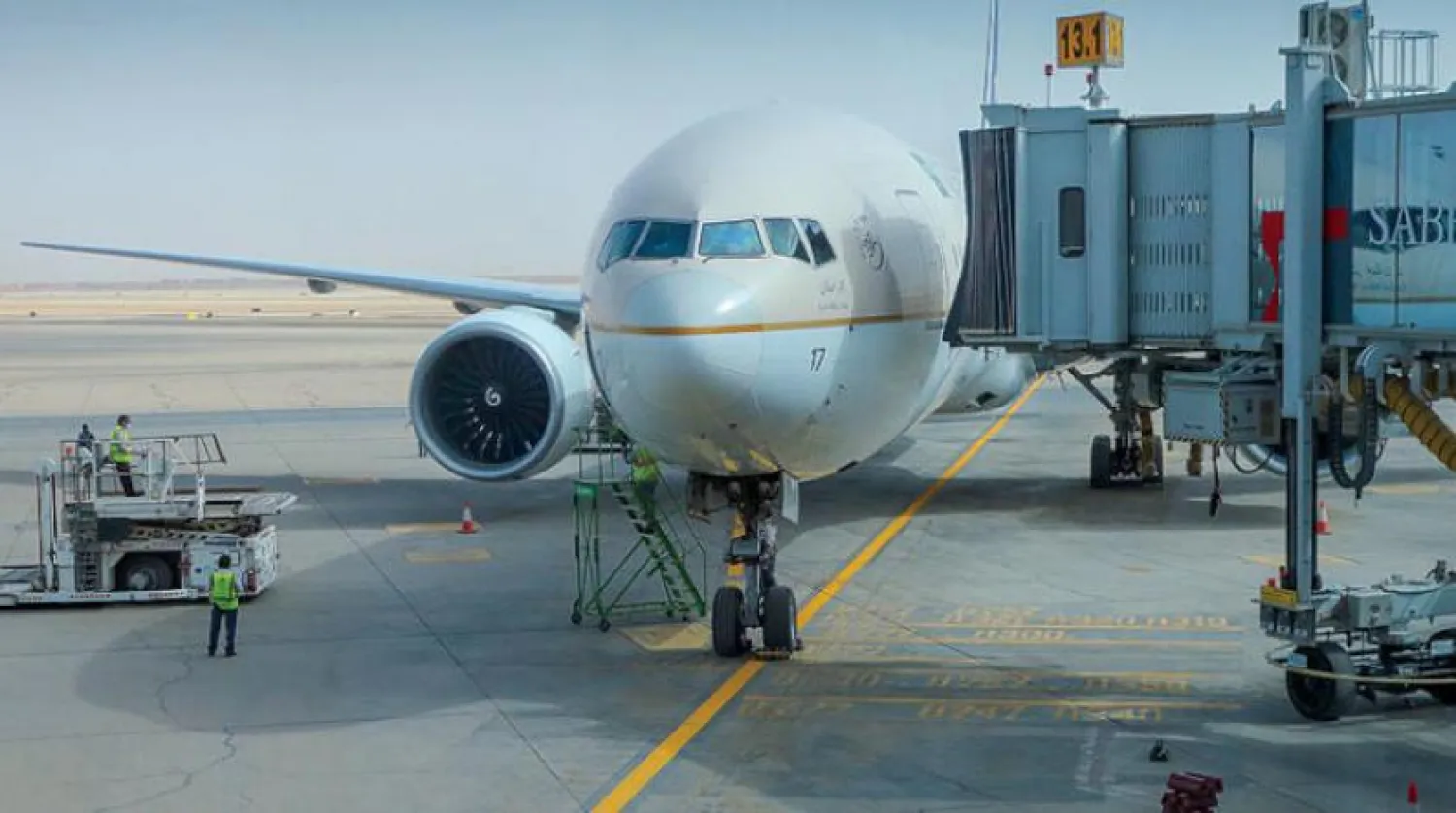The reopening of Saudi airspace to international flights has put commercial activities, especially sales in the travel and tourism sectors, back on the track of recovery, industry workers told Asharq Al-Awsat.
According to sector employee estimates, travel and tourism activities have seen a 60% improvement.
Last May, Saudi authorities gave the green light for citizens and residents to travel following a suspension due to the coronavirus pandemic. The decision, which coincided with the advent of summer, contributed to growth in sales of travel agencies and shopping stores.
After the Kingdom reopened its airspace, ticket sales rebounded by more than 60%, revealed Sultan Jamil, the branch director of the “Journey for Travel & Tourism” agency.
Jamil predicted further growth in sales and greater recovery as more countries ease coronavirus measures and as the world observes Eid al-Adha holiday next week.
The branch director adds that bookings for August have increased significantly, especially for flights bound to the US and European countries.
He explains that a previous drop in customers could be traced back to lockdowns in some destinations and an absence of clarity on some travel requirements. According to Jamil, today, the situation is different.
Jamil said that ticket prices saw a 15% hike, while hotel prices dropped by 10%.
Countries that topped tourist destinations sought by Saudi travelers for the current period are Ukraine, Georgia, and Dubai.
Ticket prices for Ukraine start at around SAR2,500 ($666), while for Georgia, they start from SAR2,000 ($533), revealed Jamil.
Similarly, clothing stores witnessed a remarkable rebound in sales.
Faisal Al-Dhamry, who works at the “New Jersey” sportswear store, said that the resumption of international flights drove sales up by more than 50%.









